How to Write a Cover Page for an Essay Apa
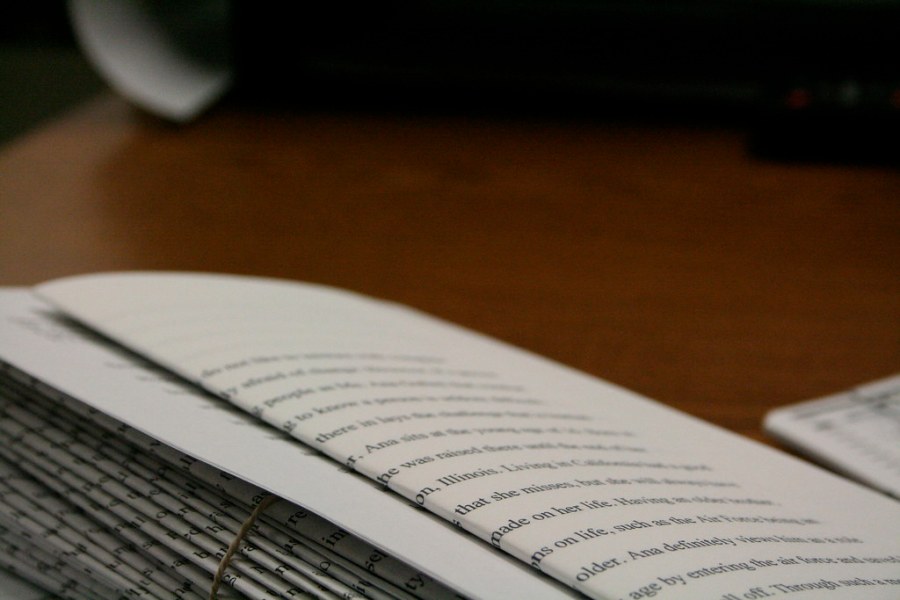
Essay-writing can be easier than you might think if you have a grasp of the basics and a willingness to engage with the subject matter. Here are 15 top tips for writing a stellar essay.
Do Your Research
This is one of the most important tips you'll ever receive. Research thoroughly, even if it means you have too many notes. It's better to have to leave stuff out than not have enough to write about.
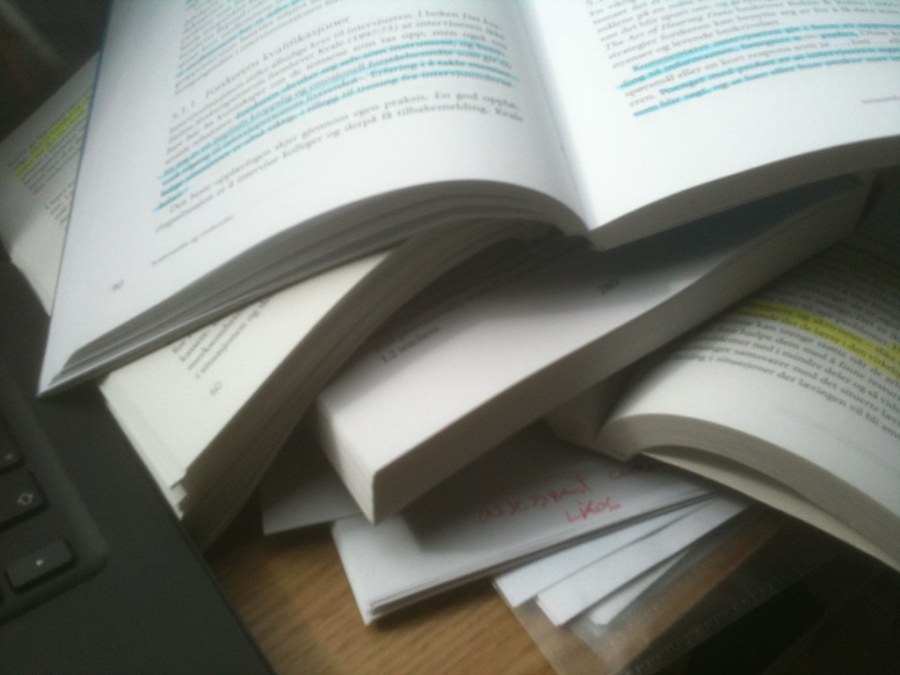
Without a properly structured outline (with an intro, a four- to five-point body and a conclusion), your essay may be hard to write and to follow.

Hook Attention
While you might just be writing your essay for a teacher or professor that is paid to read it, it still pays to grab their attention. A "hook" like a quote or surprising statistic in your intro can make your reader want to read on.

Lay Out Your Thesis
The intro isn't all about flair and grabbing attention. It's also about laying out your thesis. Make your main argument clear in the first few sentences, setting up a question to answer or statement to prove.
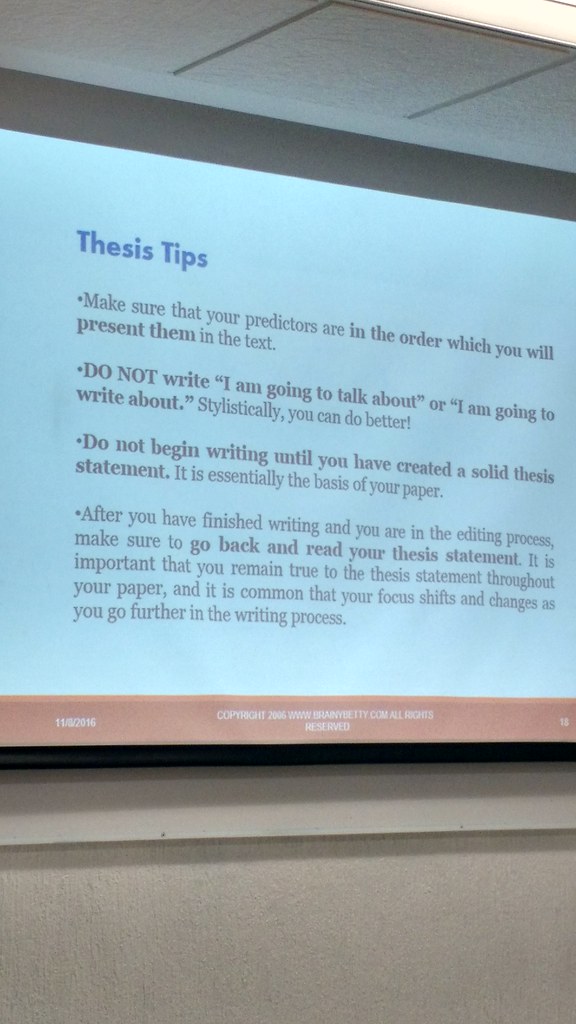
Avoid Passive Voice
If you want your writing to be persuasive, passive voice should be avoided. (That sentence was full of it, by the way. For example, "You should avoid passive voice" is a more convincing way to say "passive voice should be avoided.")

Avoid First-Person Voice
If you're writing an academic essay, you should almost certainly avoid first-person voice. In other words, avoid saying "I" or "my." Also restrict your use of the second-person voice (e.g., don't use "you" unless it's necessary).
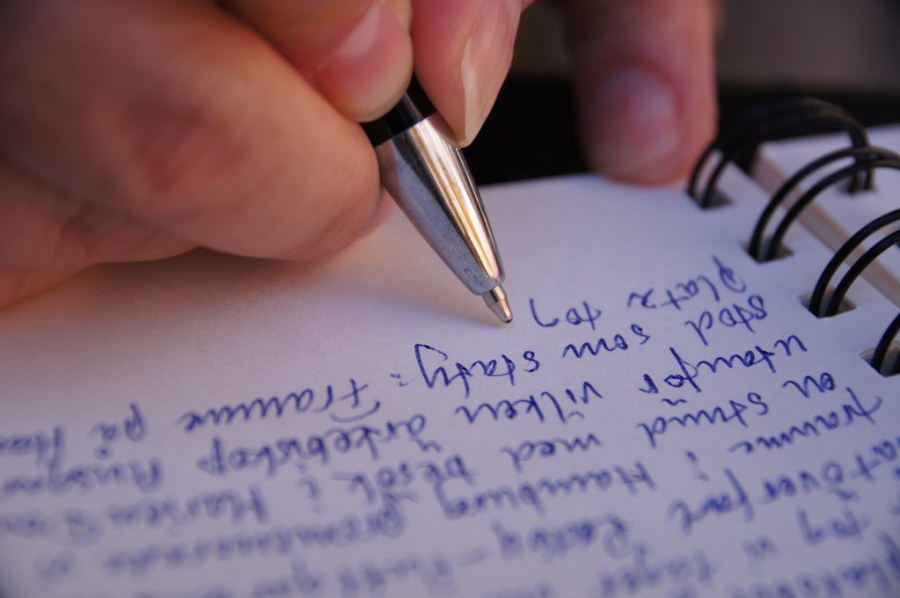
Start With Your Strongest Point
In general, it's a good idea to start with your strongest argument in your first body paragraph. This sets the scene nicely. However, this might not be appropriate if you are structuring your essay points chronologically.

Relate All Points Back to Your Thesis
Make it clear to your reader how each point you make relates back to your thesis (i.e., the question or statement in your introduction, and probably your title too). This helps them to follow your argument.
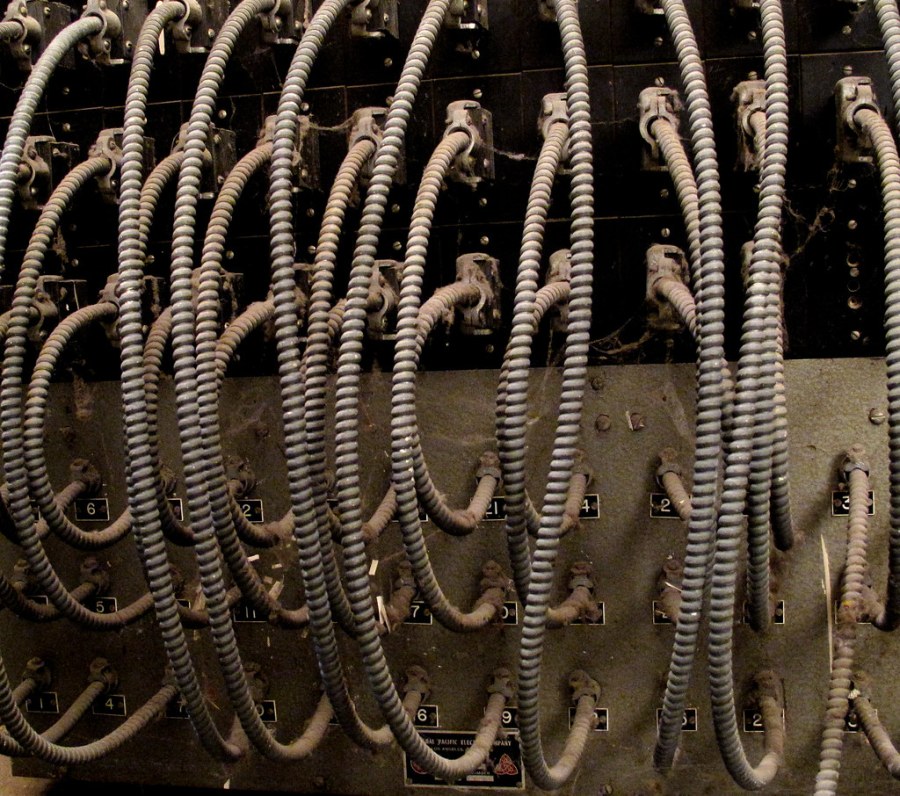
Contextualize Without Losing Focus
Add contextualizing information for a richer presentation of your topic. For example, it's fine (or even desirable) to discuss the historical background for certain events. Just don't get bogged down by irrelevant details.

Use Transition Phrases
Transition phrases, such as "furthermore," "by contrast" and "on the other hand," can also help your reader to follow your argument. But don't overuse them at the cost of clarity. Read your essay aloud to gauge how it flows.
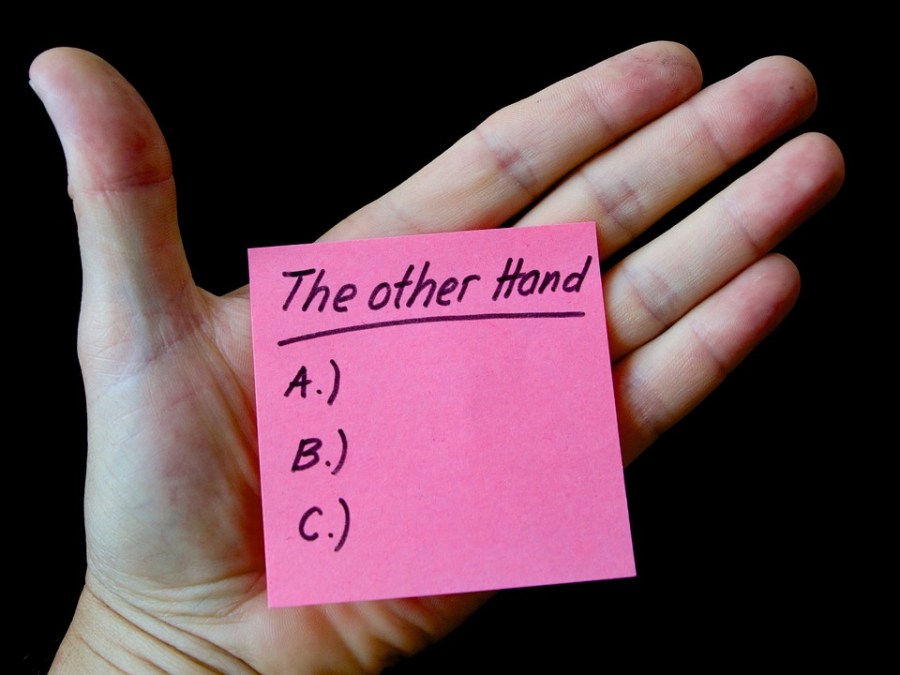
Conclude With a Return to Your Thesis
A conclusion can do many things, but it's useful to think of it as an answer to the question or statement in your intro. It's sensible to summarize your key points, but always relate back to your thesis.
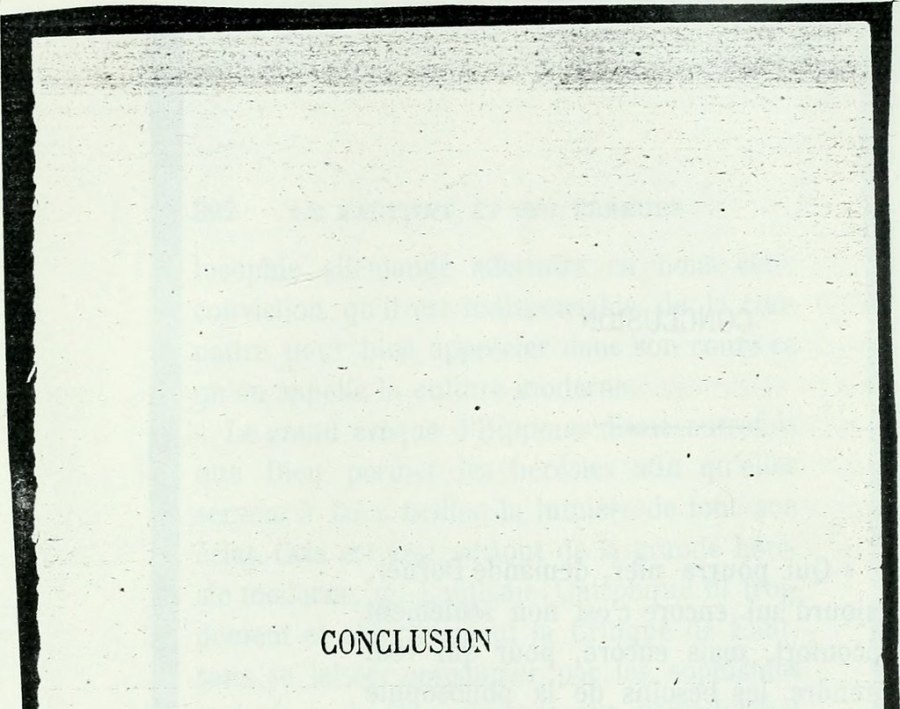
Make Your Conclusion Seem Obvious
Restating your thesis in your conclusion (after having made all of your points and arguments in the body) can be persuasive. Aim to make your conclusion feel irrefutable (at least if it's a persuasive essay).

Check Spelling
If your spelling is sloppy, it's natural for your reader to assume your approach to writing the essay was too. This could harm the strength of an otherwise persuasive essay.
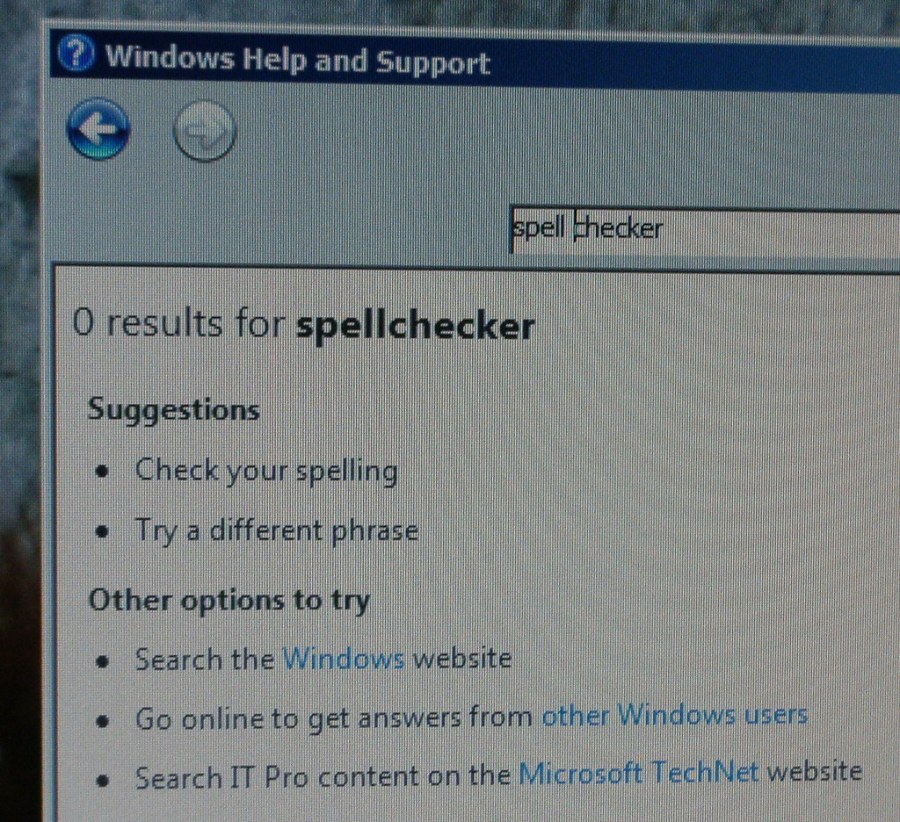
Check Grammar
Grammar is also important, for the same reason. It's usually easy to pick up on dodgy grammar if you read your essay aloud. If you're not a native English speaker, however, you might want to ask someone who is to check your essay.
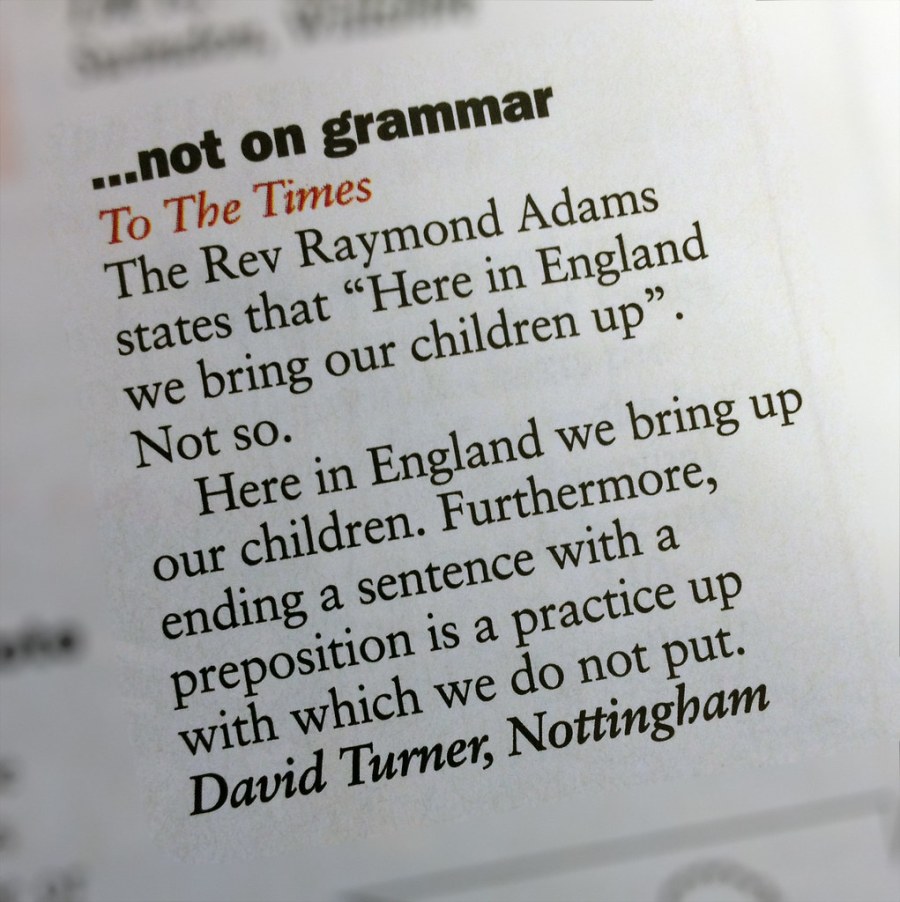
Check Vocabulary
To avoid harming your persuasiveness and authority, it's fundamentally important to use the right words. Overly obscure language can detract from the clarity of your argument, but if you feel you have to use it, then you better know what it means.

MORE FROM QUESTIONSANSWERED.NET
How to Write a Cover Page for an Essay Apa
Source: https://www.questionsanswered.net/article/15-tips-help-you-write-stellar-essay?utm_content=params%3Ao%3D740012%26ad%3DdirN%26qo%3DserpIndex

0 Response to "How to Write a Cover Page for an Essay Apa"
Post a Comment